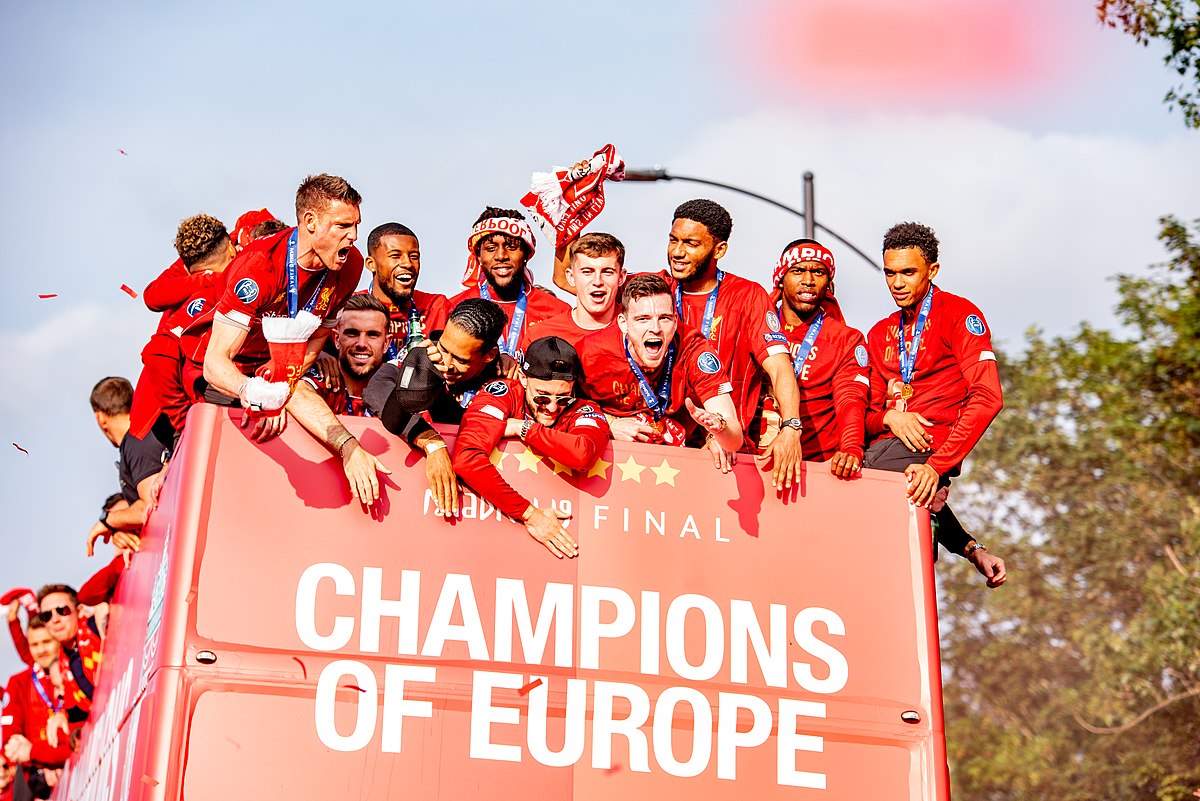Project Big Picture: what was it and was it rightfully rejected?
Ahead of the international break, one would be forgiven for expecting a pause from the Premier League drama that culminated in Aston Villa’s 7-2 thrashing of Liverpool. Yet, the drama was instead amplified by Liverpool and Manchester United’s proposal of “Project Big Picture” which promised wide-sweeping reforms to the English game.
Despite support from former Liverpool chief executive and current EFL chair, Rick Parry, Premier League clubs unanimously rejected the proposal. Many, including Southampton manager Ralph Hasenhuttl, believe the scheme would make the Premier League “boring and less competitive”. So, what were the key proposals and who would they benefit?
Project Big Picture’s headline proposal was to reduce the number of teams in the Premier League to 18, while also abolishing the Carabao Cup and Community Shield.
Lamented by superstar managers including Jürgen Klopp and Pep Guardiola, fixture congestion poses a real issue. Yet, whilst top-level athletes need rest and protection, this reeks of a money grab from the league’s elite with the four removed Premier League dates to be replaced with European fixtures. Lower clubs’ revenues would reduce with fewer league matches and no Carabao Cup.
The proposal also suggested that a Bundesliga-style play-off format should be introduced. Such a change would see the third-bottom team in the top-flight participate in a nail-biting finale against Championship sides. The novelty factor would surely bring in crowds (and revenues). Though, evidence from other leagues suggests that facing a Premier League club may prove a high barrier for play-off hopefuls.
The best thing about Project Big Picture was the suggestion that the EFL would receive an immediate £250m rescue fund and 25% of future Premier League TV deals. This would save many clubs from bankruptcy. Removing parachute payments should make the Championship a better contest and halt the unsustainable spending to win a spot in the Premier League.
This would clearly be a win for the big clubs but would come as another hit for lower Premier League sides
Also on the financial front, Project Big Picture suggested that prize-money awarded for finishing in high league positions should be increased. This would clearly be a win for the big clubs but would come as another hit for lower Premier League sides being squeezed by increased distribution towards both the EFL and the Premier League’s elite.
Plans to introduce salary caps in the EFL would be another win for the elite, and would surely see a big six cartel as has been proven with the situation in the Champions League. Don’t expect to see any more fairy-tale stories like Leicester if this goes ahead. At least, however, it would be a cartel between six Premier League clubs instead of just one like in Germany, France and Italy. Salary caps would be a further kick in the teeth for ambitious clubs wanting to invest and compete with the so-called “big six”. If Man City remember their roots, they surely won’t be in favour of this one either.
Mostly a good thing all round, the proposal also highlighted the need to increase redistributive funding for facility upgrades across the country. This would lead to enhanced training facilities and a better fan experience in improved stadiums. The policy would also help Liverpool and Spurs, though, who would receive over £150m in rebates for their stadium expansions.
Finally, and most insidiously, Project Big Picture offered to give special voting rights to the nine longest-serving Premier League clubs, requiring a two-thirds majority to pass.
When you thought it couldn’t get any more self-serving, out comes the ace in the pack. A horrible beast that’s not even attempting to cover up the massive power this would give the big clubs – they could potentially shake up revenues, restrict new ownership or even halt relegation.
Perhaps the American ownerships of Arsenal, Liverpool and Manchester United have one main aim: driving up revenues each year with absolute certainty, no matter the cost to the game. Their first big power grab of Project Big Picture could damage the Premier League beyond repair – though maybe that’s the intention if a European Super League is waiting in the wings.

Comments